C MAINLY POOR STUDENTS ATTEND
Tuition fees for public secondary schools and colleges range from several hundred thousand to 1 million VND/month, so the vocationaleducation system is considered the choice of many students from difficult circumstances.
Ms. Pham Quang Trang Thuy, Principal of Hung Vuong Technical and Technology College, said: "Because the general tuition level of vocational schools is very low, if it increases much, it will be very difficult to attract students. At the beginning of the 2022-2023 school year, the school collected 12 million VND/year in tuition, but then the Government issued a resolution not to increase the tuition, so the school returned to the previous year's level of 8.2 million VND."
According to Ms. Thuy, the number of students studying at the school is mainly junior high school graduates who receive state-supported tuition fees. The number of high school graduates entering the school is very small, so next school year if the school collects tuition fees of 12 million VND/year, the school's budget will not increase much.
At Viet Giao Secondary School, tuition fees will not increase next school year, but will also be created for parents and students by dividing the payment into several installments. Students who pay in full will receive a 20% discount. It is known that the school's current tuition fee is 14.3 - 14.8 million VND/school year depending on the major.
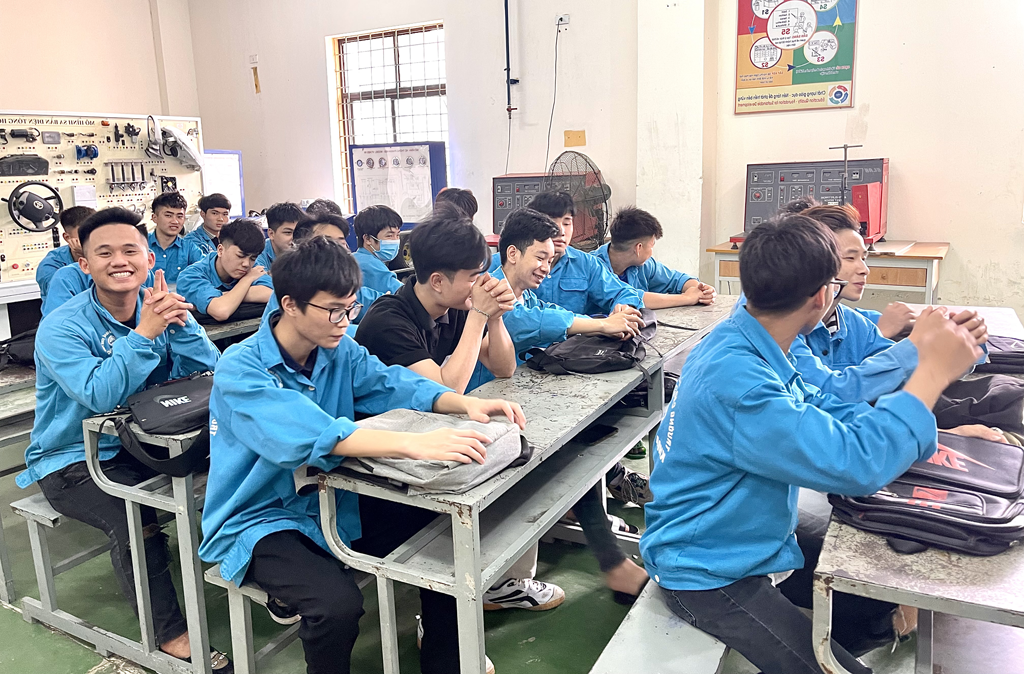
Tuition fees at vocational schools are very low. Schools do not dare to increase them or increase them very cautiously for fear of difficulty in recruiting students.
Master Tran Phuong, Principal of Viet Giao Secondary School, shared: "In recent years, there have been more and more students with difficult circumstances going to school, so the school has not increased tuition to reduce the burden on them."
Saigon Tourism Vocational College will not increase tuition fees in the 2023-2024 school year. Master Ngo Thi Quynh Xuan, Principal of the school, said: "Currently, tourism human resources are in great shortage, while the years of the pandemic have made the economy difficult, many families have struggled. That is why the school decided not to increase tuition fees for 2 consecutive years to support learners, bringing vocational training opportunities to more candidates. Although we know it is difficult, the school will balance it so as not to affect the quality. Currently, the school's tuition fees are kept at 11 - 12 million VND/semester".
Associate Professor, Dr. Nguyen Duc Minh, Principal of the College of Foreign Economic Relations, also informed: "Decree 81 allows the collection of 12,480,000 VND/year in 2023, but the school will only collect 10,000,000 VND/year, and more than 13 million VND/year in 2024, but the school will only collect 11,200,000 VND/year. Vocational education is mostly attended by students with difficult circumstances, so the school does not dare to increase much, just a little to compensate for inflation. In addition, it also wants to invest more in facilities and increase income for lecturers."
Master Bui Manh Tuan, Principal of Ho Chi Minh City College of Industry and Trade, said that the school is being very cautious, considering whether to increase or not to increase tuition fees, and is leaning towards not increasing. "The economic situation is difficult, so we do not increase to share the burden with students and to ensure stable enrollment. However, schools with poor facilities will not have enough funds to invest," said Master Tuan.
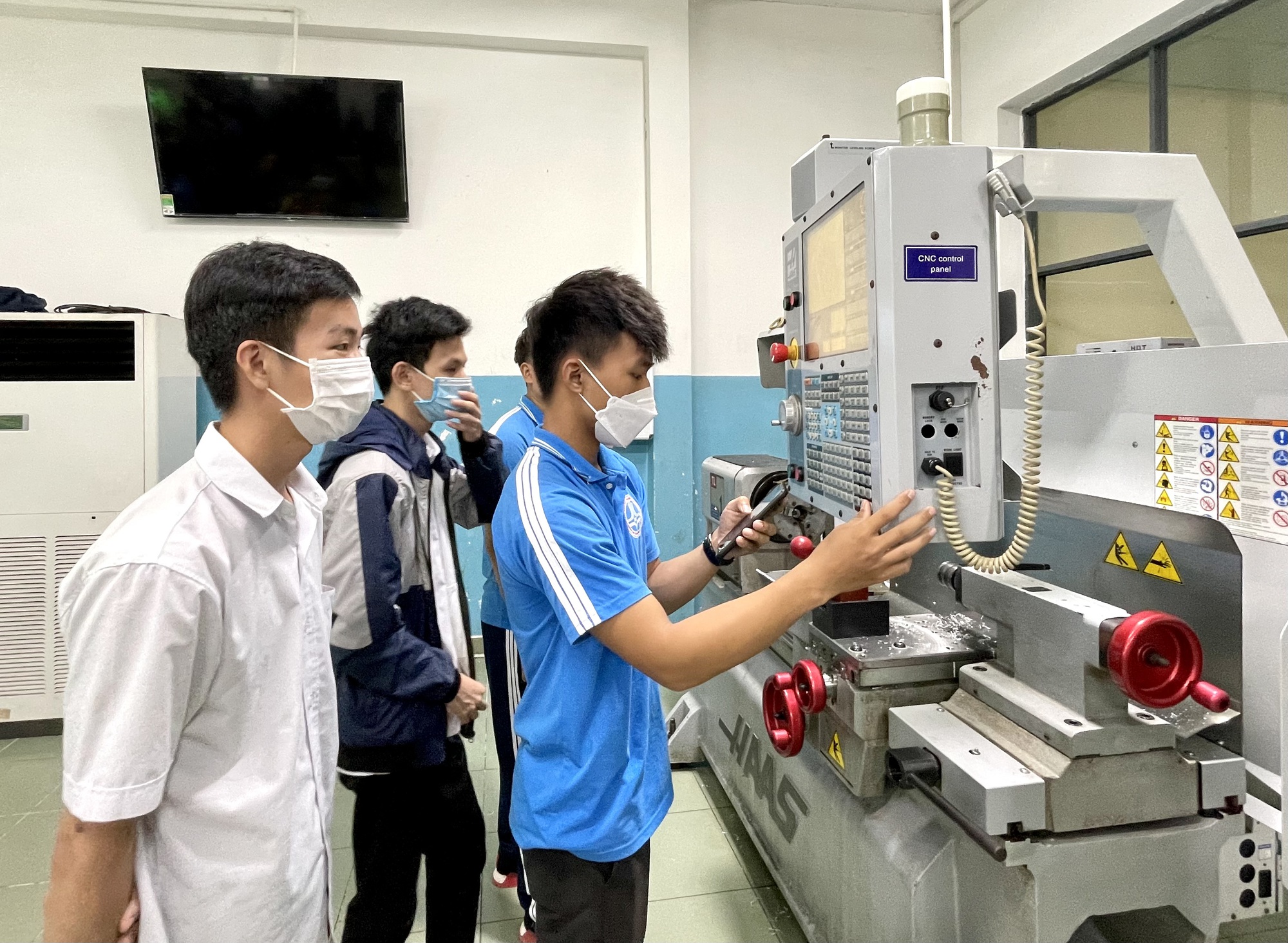
Vocational education mostly has students from disadvantaged backgrounds so schools do not dare to increase tuition fees much.
WORRIES ABOUT TRAINING QUALITY
Currently, public vocational schools, whether or not they increase their HP, still receive tens of billions of VND in annual investment and regular expenditures from the state, depending on the school. Meanwhile, non-public schools do not have any funds, so not increasing HP greatly affects training and investment activities.
According to Master Quynh Xuan, with low and no increase in HP, the investment in facilities, training and development for lecturers must be balanced by the school despite many difficulties.
"I would like to propose a small and completely feasible issue, which is the issue of lecturer training. For a long time, lecturers of public vocational training institutions have enjoyed domestic and foreign training policies, while lecturers of non-public schools have not been allowed to participate in any training programs and still have to pay their own expenses," shared Master Quynh Xuan.
The problem of low HP vocational schools leads to difficulty in investing heavily in facilities and lecturers, which can affect training quality, making it difficult to attract students, causing headaches for school leaders, especially non-public schools.
Proposal to soon change from budget allocation mechanism to ordering
Dr. Tran Thanh Hai, Principal of Far East College, commented: "The investment budget for vocational education does not include non-public schools, both investment and regular expenditure. It is necessary to follow Directive 21 of the Secretariat by having an ordering mechanism and the state will spend the budget for schools that have trained according to the orders of enterprises without distinguishing between public and private. For example, if my school has 300 graduates recruited by enterprises, the state will spend the training budget for these 300 students, maybe a part, like public schools still receive regular spending of about 7 million VND per student."
Directive No. 21-CT/TW on continuing to innovate, develop and improve the quality of vocational education to 2030, with a vision to 2045 of the Secretariat stated: "Quickly shift the budget allocation mechanism to ordering and assigning tasks to improve the operational efficiency of vocational education institutions. Promote socialization and public-private partnership to mobilize and effectively use many resources for vocational education development, especially for industries, fields and localities where the non-public sector can participate; ensure equal policies for public and non-public vocational education institutions".
According to Dr. Hai, if the directive is implemented correctly, non-public vocational schools will have more budget to invest in facilities, lecturers, and training quality to attract students. "If schools have to rely entirely on HP revenue, which is already very low and cannot increase because most students are in difficult circumstances, it will be very difficult to survive and develop," said Master Hai.
Source link



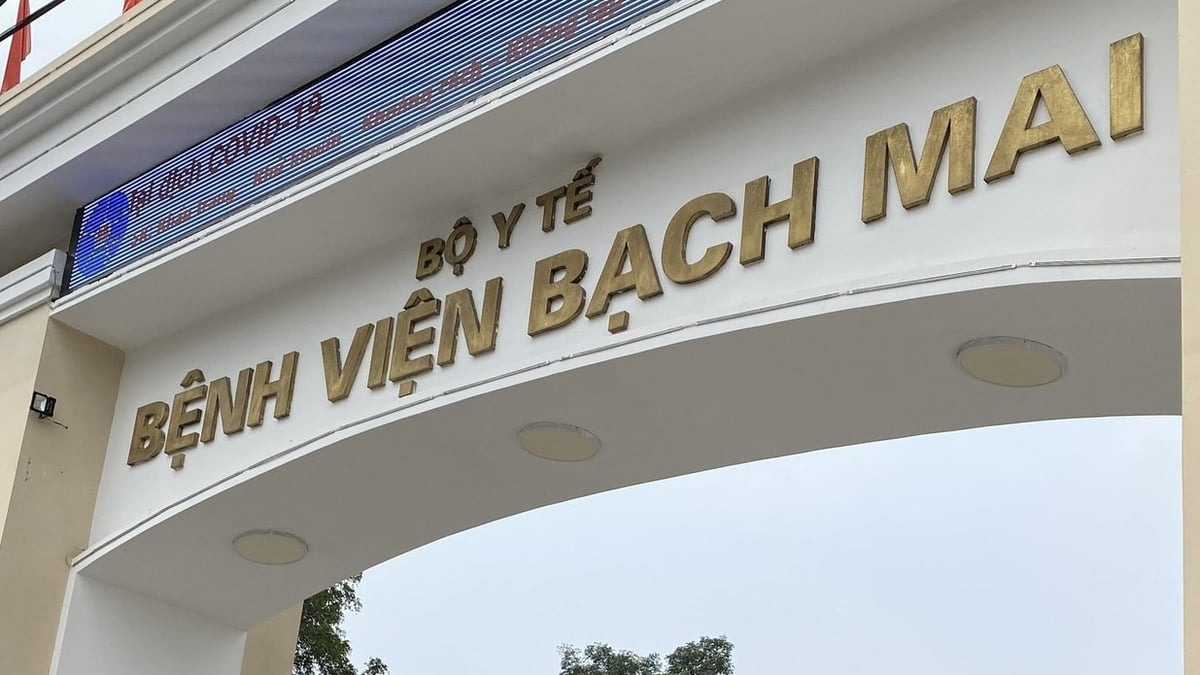
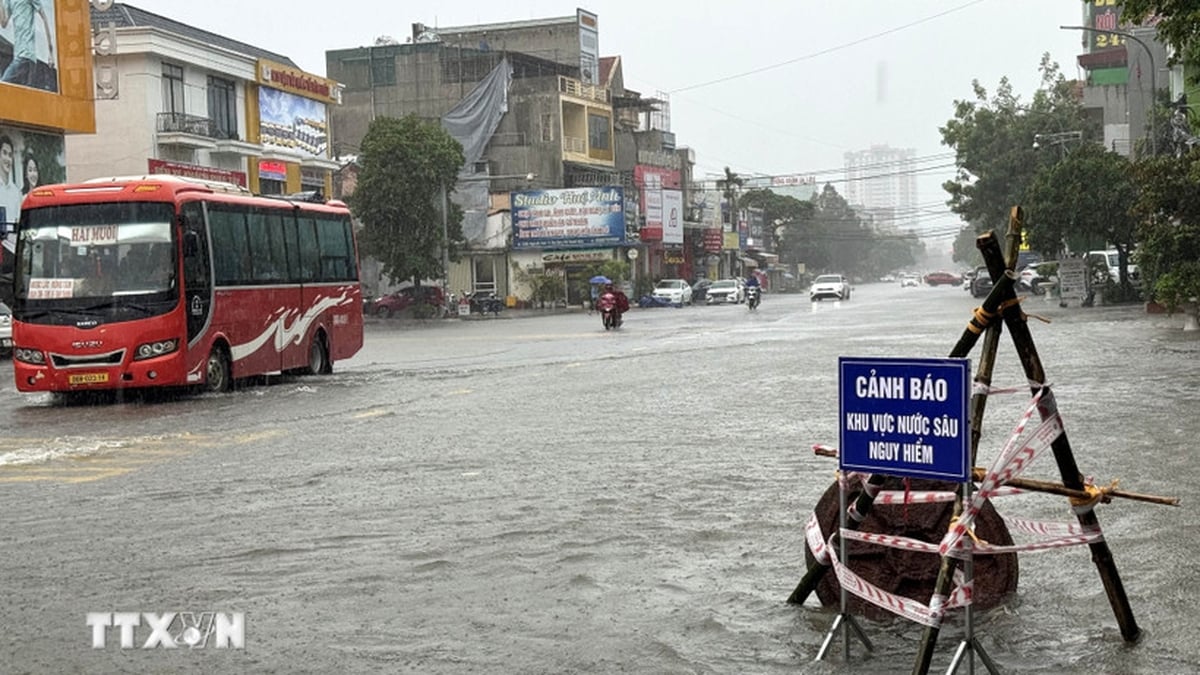
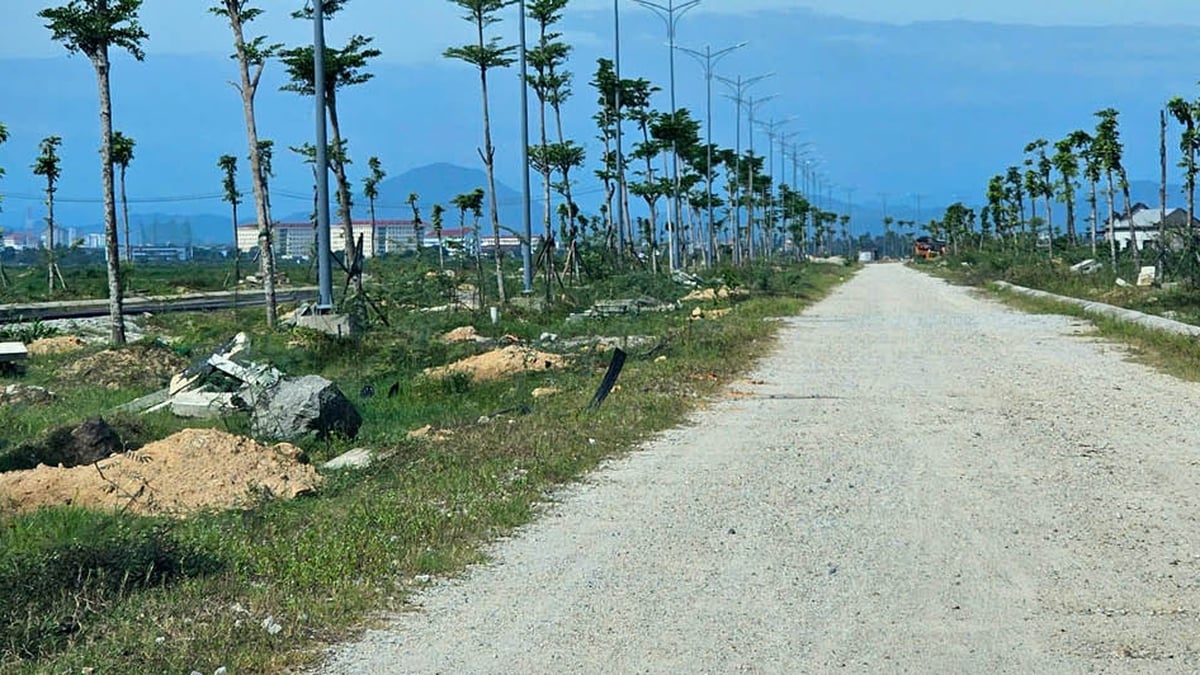

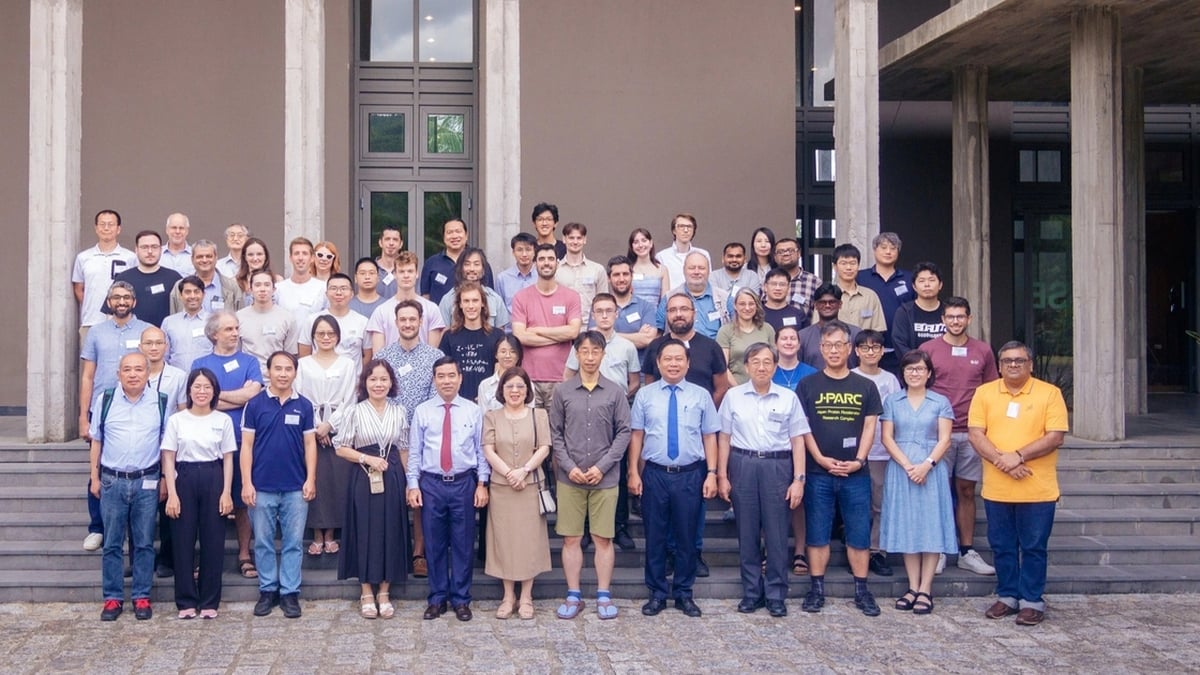
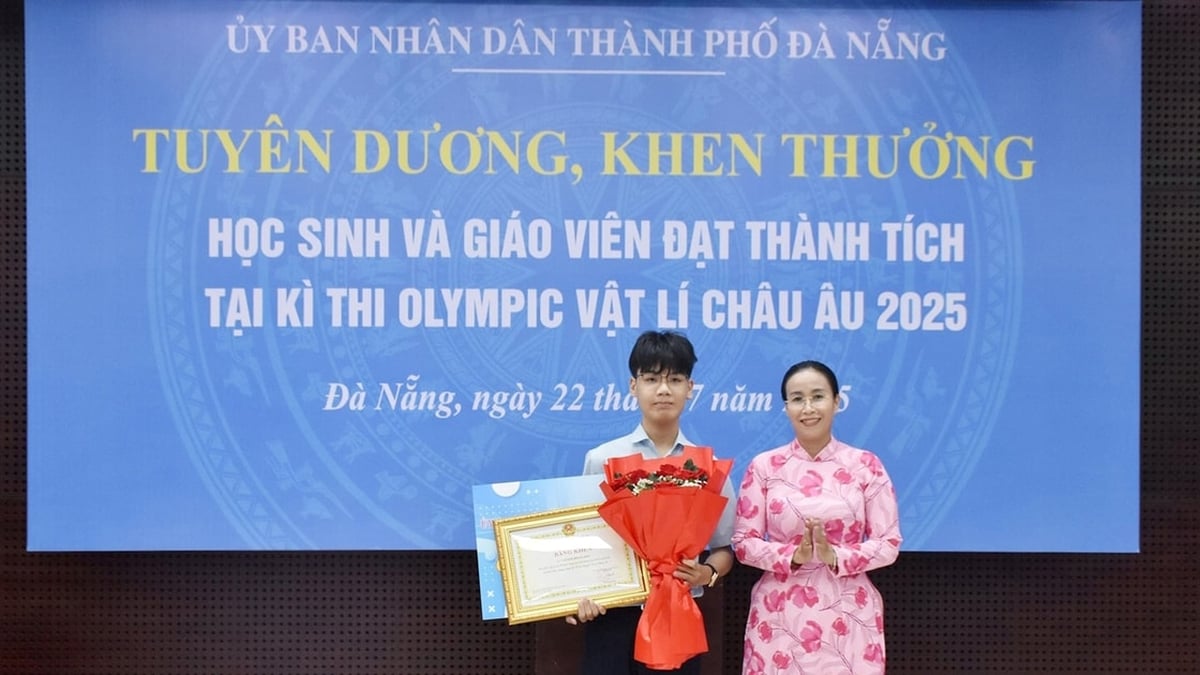
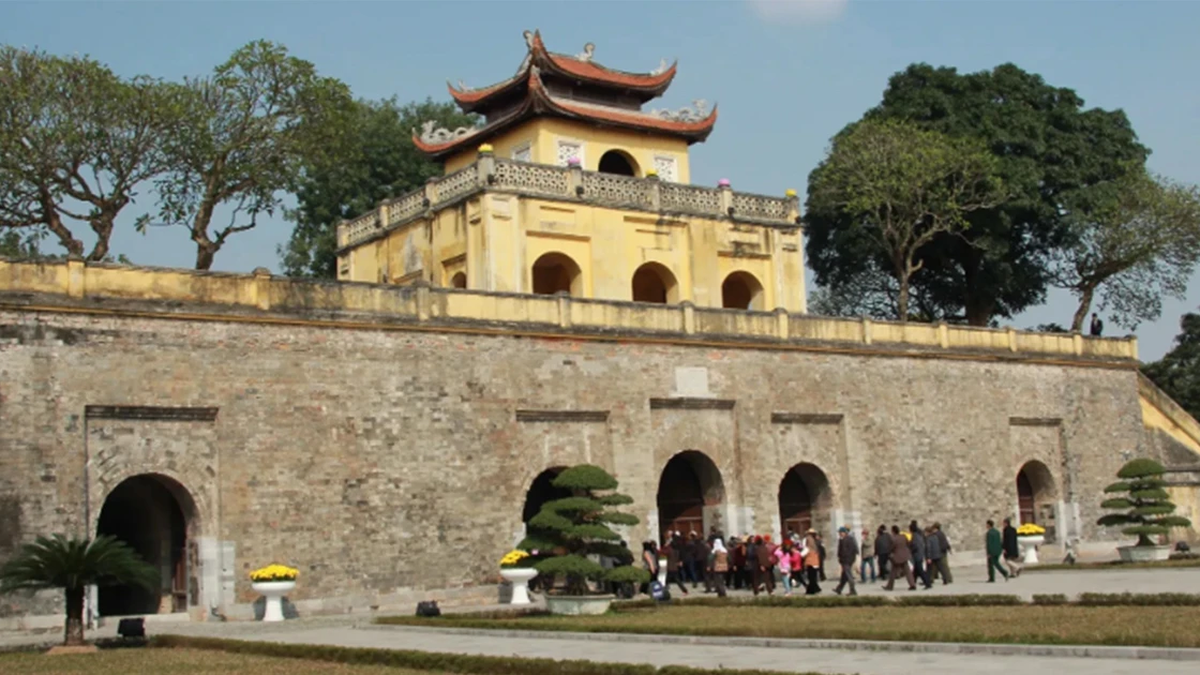
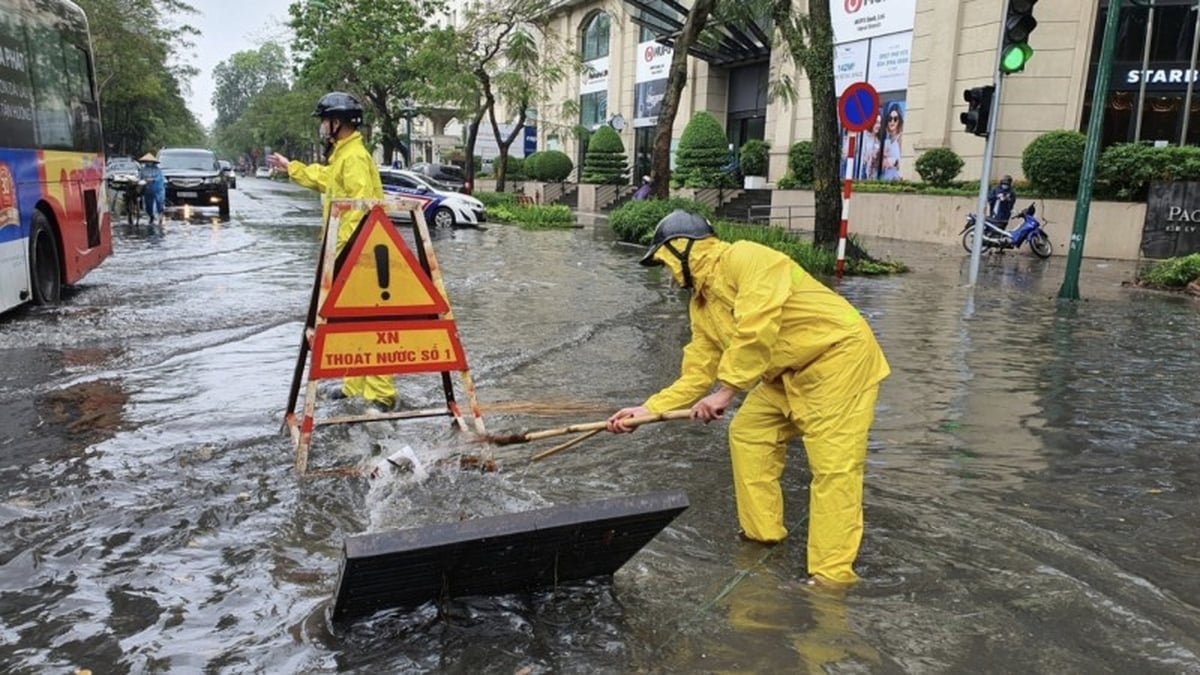
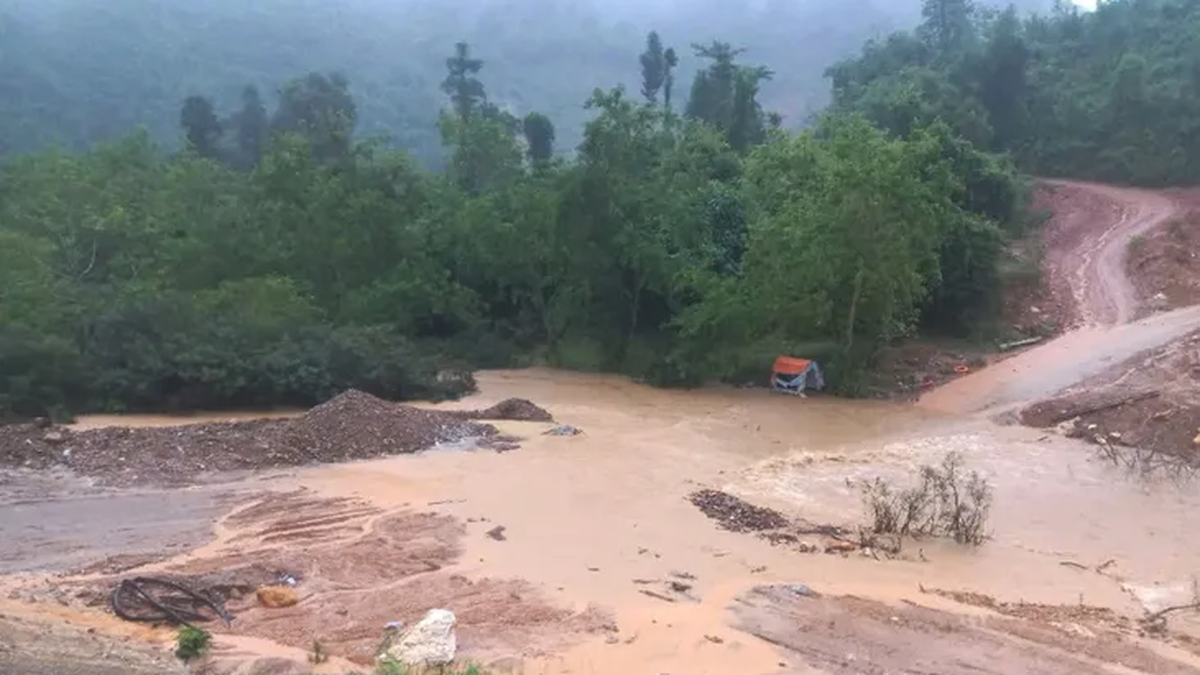














![[Photo] National Assembly Chairman Tran Thanh Man visits Vietnamese Heroic Mother Ta Thi Tran](https://vphoto.vietnam.vn/thumb/1200x675/vietnam/resource/IMAGE/2025/7/20/765c0bd057dd44ad83ab89fe0255b783)






















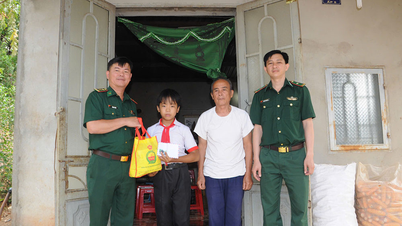













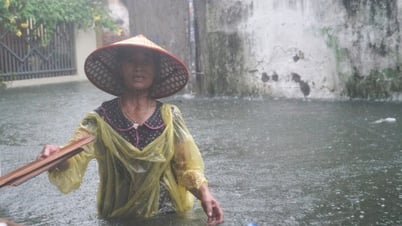
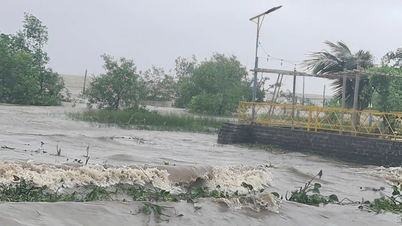








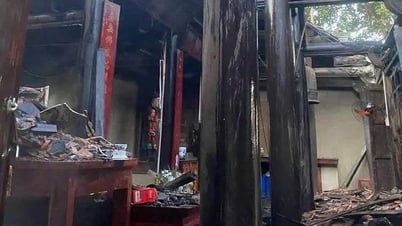

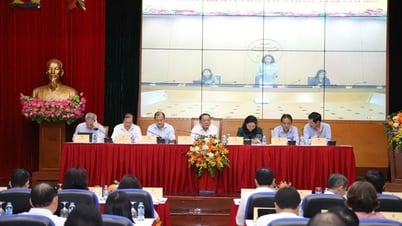

























Comment (0)